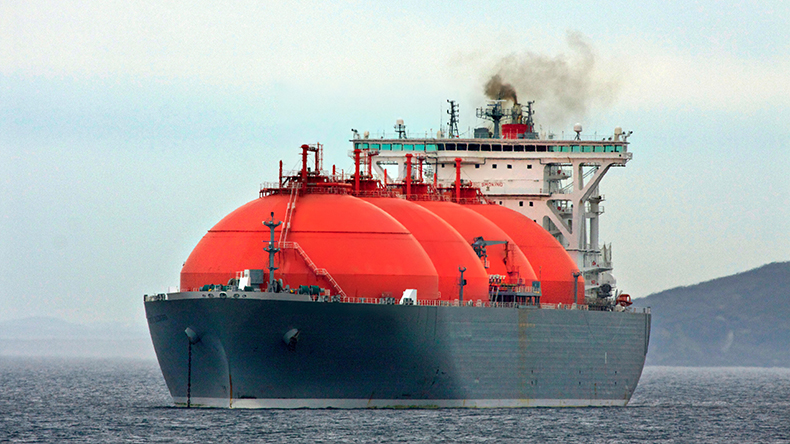How to Start an Oil and Gas Business in Nigeria: A Comprehensive Guide
How to Start an Oil and Gas Business in Nigeria: A Comprehensive Guide
The oil and gas industry in Nigeria presents numerous opportunities for entrepreneurs due to the country’s rich petroleum resources. Starting an oil and gas business in Nigeria involves several steps, regulatory requirements, and strategic planning. Here’s a detailed guide on how to embark on this venture successfully.
1. Understand the Industry
Before diving into the oil and gas business, it’s crucial to understand the industry’s landscape, including upstream, midstream, and downstream sectors:
- Upstream: Exploration and production of oil and gas.
- Midstream: Transportation and storage of oil and gas.
- Downstream: Refining and marketing of petroleum products.
Steps to Get Started:
- Research: Conduct thorough research on the Nigerian oil and gas industry, market trends, and potential opportunities.
- Networking: Connect with industry experts, attend conferences, and join relevant associations.
2. Develop a Business Plan
A well-structured business plan is essential for outlining your business goals, strategies, and financial projections.
Key Components:
- Executive Summary: Overview of your business and objectives.
- Market Analysis: Insights into the industry, target market, and competition.
- Operational Plan: Details on operations, management structure, and logistics.
- Financial Plan: Budget, funding requirements, and revenue projections.
3. Legal and Regulatory Requirements
Navigating the legal and regulatory framework is crucial for starting an oil and gas business in Nigeria.
Steps:
- Register Your Business: Register with the Corporate Affairs Commission (CAC).
- Obtain Licenses and Permits: Secure necessary licenses from the Department of Petroleum Resources (DPR) or other relevant authorities.
- Compliance: Adhere to environmental, health, and safety regulations.
4. Secure Funding
Starting an oil and gas business requires substantial capital investment. Explore various funding options:
Options:
- Personal Savings: Initial funding from personal resources.
- Loans: Apply for business loans from banks or financial institutions.
- Investors: Seek investment from private investors or venture capitalists.
- Partnerships: Form strategic partnerships with established industry players.
5. Acquire Equipment and Technology
Investing in the right equipment and technology is vital for efficient operations.
Considerations:
- Quality and Reliability: Ensure equipment meets industry standards.
- Cost Efficiency: Balance between cost and performance.
- Maintenance: Plan for regular maintenance and upgrades.
6. Build a Skilled Team
Hiring experienced and skilled personnel is critical for the success of your oil and gas business.
Key Roles:
- Engineers: Petroleum, chemical, and mechanical engineers.
- Technicians: Skilled in operating and maintaining equipment.
- Administrative Staff: For business operations and management.
- Health and Safety Officers: To ensure compliance with safety standards.
7. Marketing and Sales Strategy
Develop a robust marketing and sales strategy to reach your target customers and market your products effectively.
Strategies:
- Branding: Build a strong brand identity.
- Digital Marketing: Utilize online platforms and social media.
- Networking: Establish connections with potential clients and industry stakeholders.
- Distribution Channels: Develop efficient distribution channels for your products.
8. Focus on Sustainability
Sustainability is increasingly important in the oil and gas industry. Implement practices that minimize environmental impact and promote corporate social responsibility (CSR).
Practices:
- Environmental Protection: Adhere to environmental regulations and standards.
- Community Engagement: Engage with local communities and address their concerns.
- Energy Efficiency: Implement energy-efficient technologies and practices.
Conclusion
Starting an oil and gas business in Nigeria is a lucrative but complex venture. By understanding the industry, developing a solid business plan, complying with legal requirements, securing funding, acquiring the right equipment, building a skilled team, and implementing effective marketing strategies, you can set your business on the path to success. Emphasizing sustainability and community engagement will further enhance your business’s reputation and long-term viability.
For more detailed guidance and professional assistance, visit Wigmore Trading.








Comments are closed.